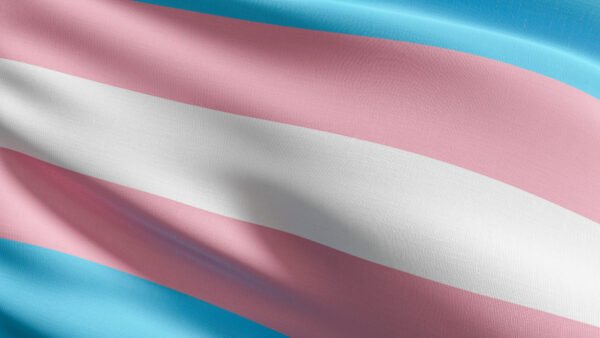The terror that U.K. trans-identified individuals face daily is an unacceptable injustice on humanity at the hands of the U.K. government. If proper laws were in place and policies were more accepting society would have an easier time being accepting, therefore ending violence against trans people and creating a more cohesive community.
Particular U.K. government policies send a societal message that trans individuals are outsiders, and too often, they are treated that way. Trans people can wait up to 25 years for a first gender-affirming appointment, while cisgender individuals access care within weeks. Youth are often denied puberty blockers, forcing them to endure dysphoria during critical developmental years, while peers learn to target differences and reinforce exclusion. Policies making legal documentation changes difficult out trans people, complicating transitions and putting them at risk in schools, shelters, jails, or recovery programs where ID is required. A recent ruling defining “woman” and “sex” legally as “biological gender” erased the identities of countless individuals, including those who identify as trans women. Restrictions on healthcare, education, and sports create further social divides, publicly normalizing the invalidation of trans identities—a narrative reinforced by conservative politicians.
Activists are working tirelessly to respond to these oppressive policies, but the problem is growing faster than solutions can gear up. Getting into trouble is far easier than getting out of it, and while politicians act like they are treading lightly, they’ve actually have jet ski shoes on—making waves that activists must navigate. Groups like Rainbow Migration, creating safe spaces for asylum seekers; Amnesty International, pushing to reform the Gender Recognition Act; Action for Trans Health, fighting for equitable healthcare; and the Trans Advocacy & Complaints Collective, working to reform media representation, are all tackling different angles. Yet in the U.K., policies remain stubborn, and when they do shift, it’s painfully slow—making progress feel just out of reach. The more activism organizations rally together, the more the ship of equality can finally leave the dock.
For trans people, the consequences of slow policy change aren’t abstract—They hit every corner of daily life. Simple tasks like going to school, applying for a job, entering a shelter, or even buying a train ticket can become minefields when legal documents don’t match identity. Healthcare appointments take years, forcing people to wait while dysphoria intensifies, and public spaces can feel unsafe because society has been trained to treat them as outsiders.
Social interactions, from casual conversations to friendships, carry the risk of microaggressions or outright harassment, creating constant stress like this one woman that had a footprint on her face from being assaulted. Every misgendered form, every policy barrier, every delay compounds, turning ordinary days into exercises in endurance, and reminding trans people that the system is stacked against them—even while activists paddle furiously to keep equality afloat.

